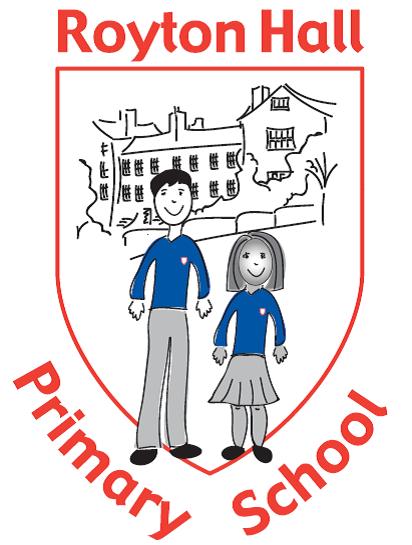Maths
Maths in the Early Years
The maths curriculum is divided into two strands. These are:
- Number
- Numerical Patterns
In the Nursery, the children begin to develop their skills in counting, recognising numbers and matching numerals to quantities. They also learn about shapes in the environment, their names and their properties.
These skills are developed using practical activities, games and songs.
In Reception, the children start to build on the skills developed in nursery. They will start to explore how to use numbers for addition and subtraction, develop an understanding of place value, how to record numbers and mathematical questions in different ways and how to problem solve. They will also further develop their knowledge of shapes and their properties, and also use mathematical vocabulary to describe measures, such as height and time.
The maths Early Learning Goals for the end of Reception state that;
Number "Children at the expected level of development will: - Have a deep understanding of number to 10, including the composition of each number; - Subitise (recognise quantities without counting) up to 5; - Automatically recall (without reference to rhymes, counting or other aids) number bonds up to 5 (including subtraction facts) and some number bonds to 10, including double facts."
Numerical Patterns "Children at the expected level of development will: - Verbally count beyond 20, recognising the pattern of the counting system; - Compare quantities up to 10 in different contexts, recognising when one quantity is greater than, less than or the same as the other quantity; - Explore and represent patterns within numbers up to 10, including evens and odds, double facts and how quantities can be distributed equally."
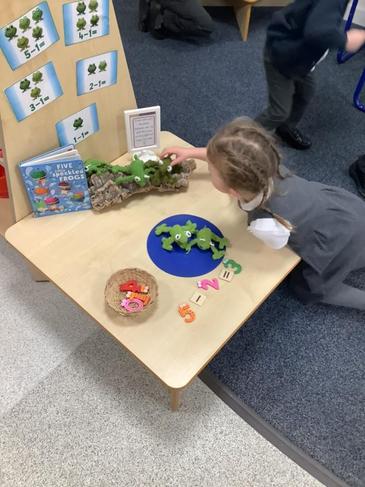
|
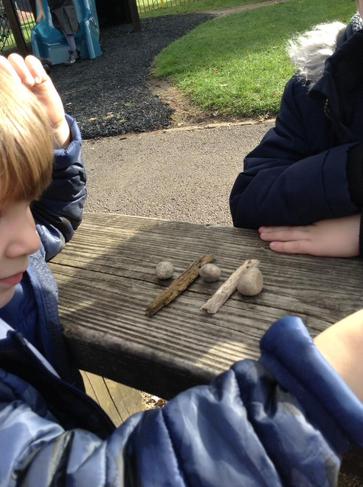
|
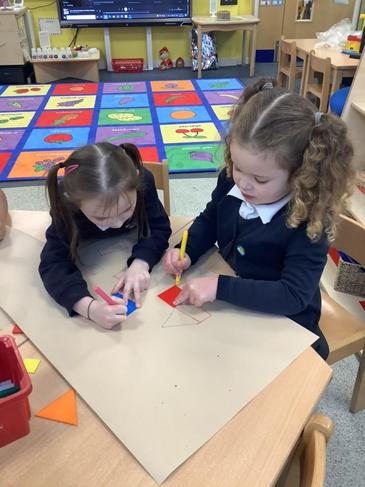
|
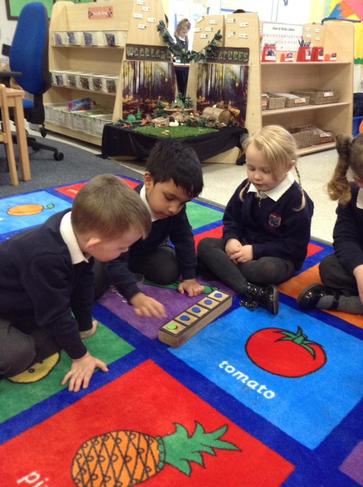
|
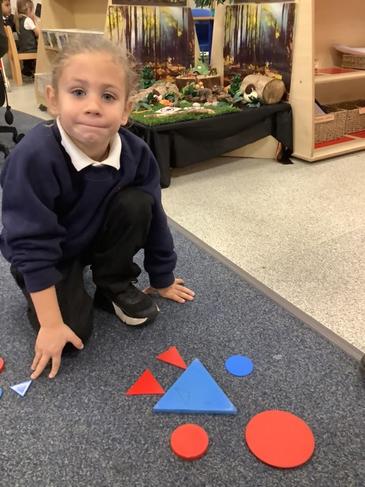
|
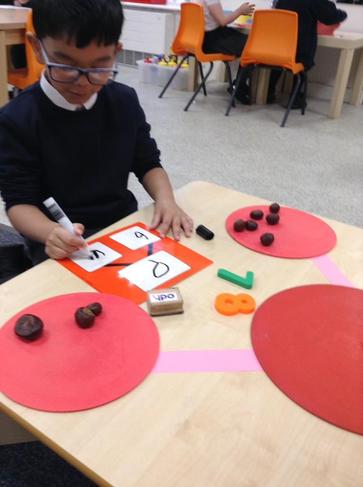
|
Ways to help at home
There are lots of things you can do to help your child’s maths skills from a very early age.
You could:
- Play board games, including dice games
- Play simple card games, dominoes, simple ‘Top Trumps’ games
- Complete puzzles and jigsaws together
- Give your child a set of objects (sweets, pencils, Lego bricks…) and show them how to share them fairly between different numbers of people
- Let your child lay the table for meals, counting out the correct number of forks, plates, etc.
- Bake together, showing your child how to use scales to weight ingredients Play games with a score – making a simple tally to see who has won. This can be done with football goals, filling buckets, in fact anything with a score
- Look out for numbers in the environment - buses, doors, post boxes, road signs…
- When you shop with your child, talk about how much things cost, and show them how you pay and receive change (when using cash!)
